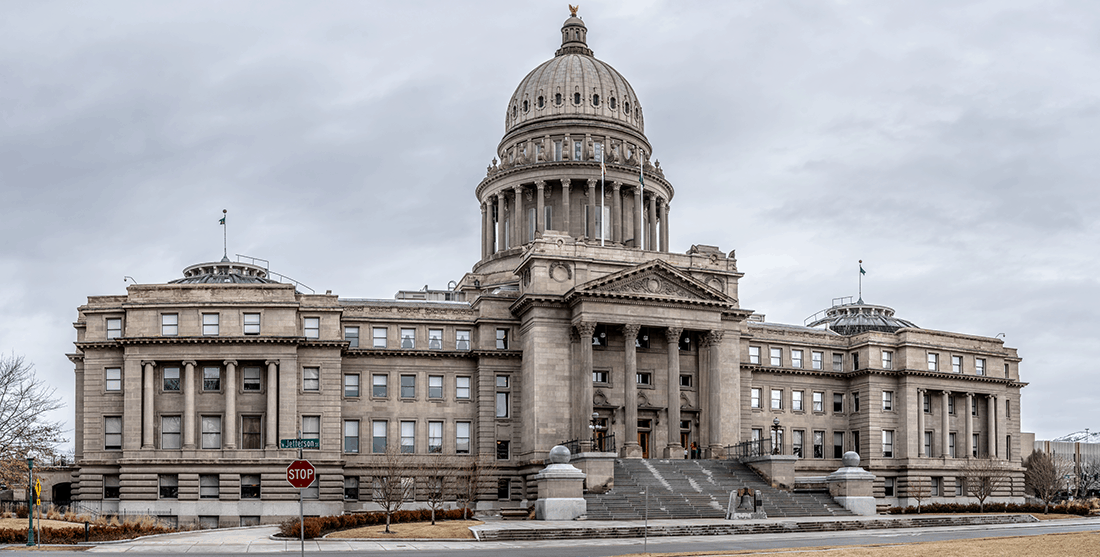
IDAHO’S BUDGET PROCESS IS NOTHING TO BRAG ABOUT, NEEDS PEOPLE-FRIENDLY REFORMS
By Wayne Hoffman
For nearly 30 years, various Idaho politicians have bragged to me about the Idaho Legislature’s process for spending public money.
“Other states are envious of our budget process,” is the usual refrain from people selling this propaganda. It has something to do with the fact that Idaho has a joint House-Senate budget committee which very efficiently hears the pleas of agenda heads and then casts votes on how much money each agency of state government is to be allocated. The votes then are used to create the legislation, which is expedited to the House and Senate floors for debate.
But I have to tell you: I have traveled the country, attended many meetings with lawmakers from other states, and I have never had someone come up to me and say, “Oh you’re from Idaho, the state with the really awesome budget process! We want that for our state!”
Even if I had, the Legislature’s budgeting leaves a lot to be desired. For starters, the governor unveils his budget at the same time he reveals his policy priorities, conjoined with the State of the State address that kicks off the legislative session. This gives the Legislature very little time to consider the governor’s proposals in detail. In most recent years, the governor’s budget differs very little from what is passed by lawmakers. Neither the smallest budget items nor the largest get the scrutiny they deserve.
Next — and most importantly — the public is completely shut out of the process. Not somewhat shut out. Completely shut out. While the Joint Finance-Appropriations Committee (JFAC) will hear from countless state agency employees who are afforded an opportunity to make a lengthy sales pitch complete with PowerPoints and props, the people who pay the bills are not provided a similar platform.
Lawmakers did tinker with allowing a public hearing on the budgets a couple of times over the last 25 years, but they were more or less two-hour whine sessions for recipients of state assistance. A responsible budget process would:
- Have the governor submit spending details to the public and lawmakers as early as possible. Some states see their governor’s budget offerings in December. Alaska, Arkansas, Florida, and other states operate this way.
- End the agency presentations at JFAC. Much public money is spent preparing flashy sales pitches for legislative budget writers. This, of course, not only comes at great financial cost, it also eats up a lot of time. After the razzle dazzle of agency speeches for more money, lawmakers are left with very little opportunity to ask questions. The scales are tilted to favor agencies. Spare us the show and devote the time to Q&A, so the people’s representatives can ask about the budget at hand, current spending, possible places to cut, and priorities.
- Allow the public to weigh in on each and every budget. This could happen on the same day at the agency Q&A or another date but before the actual budgets are to be voted on. It could also happen in conjunction with the work of the germane committees. (See the next recommendation below.) The point, though, would be to hear feedback on everything from the budget for public schools to the ones for the Commission on Aging and the Department of Labor.
- Give the germane committees final oversight over the budget developed by JFAC. This would mean, for example, that the House and Senate committees with oversight over commerce or education would have the last word on whether the budget proposal actually advances to the House or Senate floor. They’d hold hearings and vote on whether the budget should move forward, and this would be another ideal venue for public testimony.
There’s more to do, too, in terms of making the budget process more transparent. Like his predecessor, Gov. Brad Little has resorted to accounting gimmicks to make his budget appear more “conservative” than it really is. Lawmakers should reject smoke-and-mirrors accounting. Get back to honest portrayals of spending. This includes the need to stop using emergency spending and fund transfers to hide spending increases. Additionally, the Legislature needs to put the brakes on gubernatorial free-for-alls when it comes to federal grants received outside the legislative session.
The Legislature has one job each and every year. That’s to spend the money they’ve taken, often unwillingly, from us. The least the governor and lawmakers could do is make the process more open, more deliberative, more engaging for the public, and not so slanted as to favor government agencies.
Wayne Hoffman is president of Idaho Freedom Foundation.
From idahofreedom.org